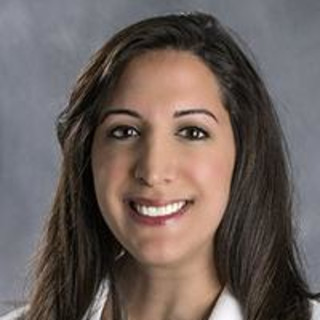
You did it! After years of school and residency, you have finally reached the ‘light’ at the end of the long tunnel that is medical training. Now it’s time to land your first official job. As exciting as it sounds, it is well-known within the profession that many new physicians do not last long at their first job. While the cause of the high turnover rate is multifactorial, changing jobs can cost you significant time and money. Follow these simple tips to make sure you choose the right job from the start.
1) Plan
Finding a job takes months of preparation and negotiating a contract may take months more, so plan accordingly. Many residents and fellows start preparing years before they complete training. Start reaching out to recruiters or hiring managers with your anticipated graduation date. They will also be reaching out to you. Make sure your curriculum vitae (CV) is updated and polished (you may even want to invest in a professional to review and edit your CV).
Think about your priorities and long-term goals. What is most important for you when it comes to a job? Location? Salary? Teaching? Work-life balance? Some are willing to sacrifice where they work for more money while others may be limited in location and willing to take a lesser salary. It all comes down to preference. Seek the full package, but also do some soul searching and consider what is best for your future.
2) Do Your Homework
Narrow down where you want to work and start researching. The Internet is a great resource and you may discover a world of information about a hospital system, practice, or city. When negotiating a salary, take into account the cost of living for a particular area. While an offer may initially look great, it may not add up once you crunch the numbers for taxes, housing, and other costs incurred by living in a more expensive city. Up-to-date knowledge about where you are applying will also set you apart from the competition. Be sure to have a solid answer for why you want to work there. Future employers are looking for the right fit, and so should you. Scheduling a site visit or asking to shadow for a day or two may be invaluable to your decision. Remember that these visits are an extension of the interview and an opportunity for both you and the employer to determine if you are a good match for the position. If you are unable to shadow, then get to know the trends and reputation of the organization, seek feedback from current employed physicians, and always ask questions and interview your potential employer.
3) Network
Don’t be afraid to reach out for advice. After completing medical school and residency, you should have a solid network of colleagues and preceptors. These mentors were once in the same spot as you and likely have valuable experience to share. Keep in touch as they will be your greatest resource and may also serve as references down the road. Utilize career websites for networking and keep it professional. Hiring managers and job posters can often be contacted directly via these sites. Make sure when you send your CV you also include a well written cover letter that clearly states your interest for a position and highlights your qualifications and experience.
4) Take a risk
While working with recruiters can be great, ultimately no one is as invested in your future as you. Sometimes, the best jobs aren’t posted anywhere. You’d be surprised how many people land jobs based on networking alone. Don’t underestimate the power of a ‘cold call.’ If there is a place you want to work, reach out to their human resource or hiring manager. Make a call. Put your name out there as someone who is interested. I landed my first job through making one of these calls. You have nothing to lose and everything to gain by reaching out. You never know who is considering adding on a new physician. Timing is everything – you may just get lucky.
Angela Seabright, DO, is a family physician in Oxford, Michigan. She is affiliated with Beaumont Hospital — Troy.







